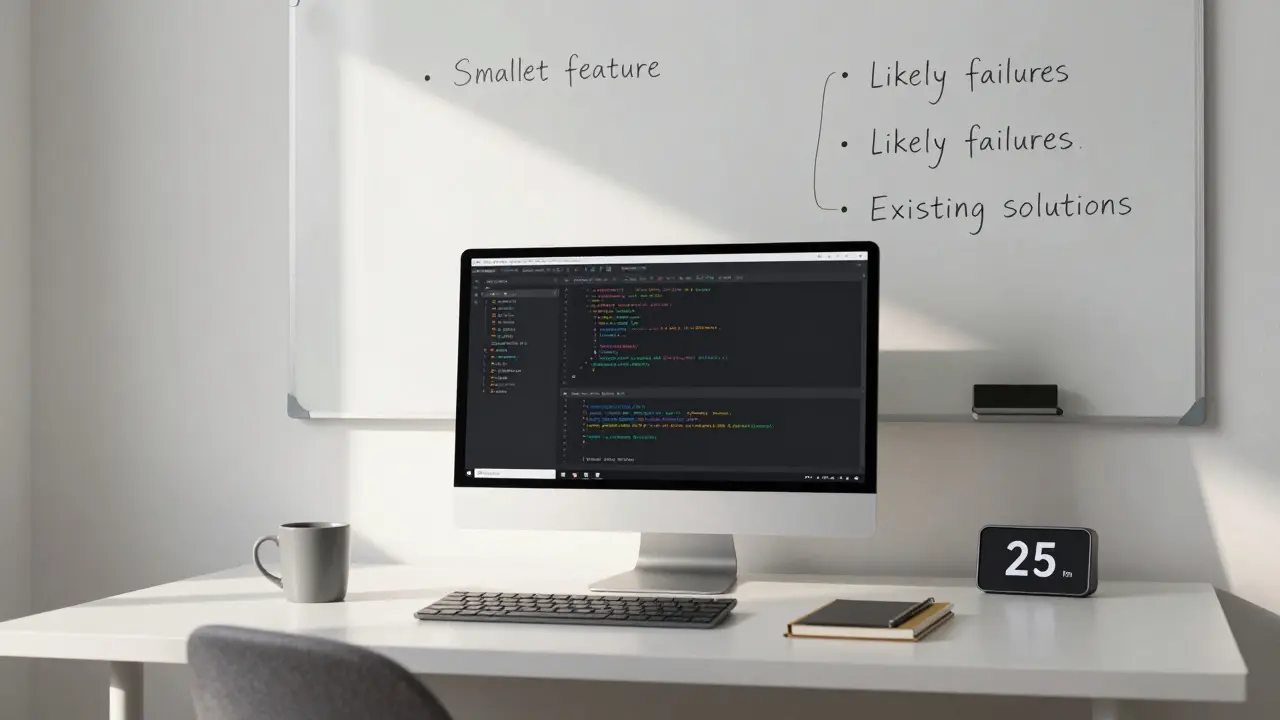Code Efficiency: Simple Tricks to Write Faster, Cleaner Code
Ever feel like your codebase is a slow‑moving snail? You’re not alone. Most developers waste hours on repetitive tasks, needless loops, or debugging avoidable bugs. The good news? A handful of everyday habits can cut that waste in half and make your code run smoother.
Profile First, Optimize Later
Before you start trimming lines, know where the real problems live. Run a profiler (the built‑in cProfile for Python or Chrome DevTools for JavaScript) and look for the hot spots that consume the most CPU or memory. Profiling tells you exactly which functions need attention, so you don’t waste time “optimizing” code that’s already fast enough.
Keep It Simple, Keep It Readable
Complex one‑liners might look cool, but they often hide bugs and make future changes painful. Aim for clear, short functions that do one thing. When you need a loop, consider built‑in functions like map, filter, or list comprehensions – they’re usually faster and more readable than manual for loops.
Another quick win is to replace repeated calculations with a variable. If you compute len(items) inside a long loop, calculate it once before the loop starts. That tiny change can shave milliseconds off tight loops.
Don’t forget naming. Descriptive variable names eliminate the need for comments and help you spot logic errors faster. When you return to a piece of code weeks later, the intent should be obvious without digging through notes.
Leverage Modern Tools
Static linters like flake8 or ESLint catch inefficiencies early – unused imports, dead code, or functions that are never called. Pair those with an auto‑formatter (Black, Prettier) to keep your style consistent and reduce the cognitive load when reading others’ code.
Version control isn’t just for backup. Use pull‑request reviews to spot inefficient patterns. A quick comment from a teammate can point out a nested loop that could be flattened with a dictionary lookup.
Automate the Repetitive Stuff
Automation is a huge part of code efficiency. Write scripts to generate boilerplate code, run tests, or deploy builds. The article "Programming Faster: Secrets to Boost Your Speed and Efficiency" on our site shows how a simple CLI tool saved a dev team hours each week.
If you find yourself running the same series of commands on the terminal, turn them into a Makefile or npm script. One command, and you avoid copy‑pasting errors.
Test Early, Test Often
Unit tests may seem like extra work, but they protect you from regressions that cost far more time to debug later. Use test‑driven development (TDD) for critical modules – you’ll write only the code needed to pass the test, which usually leads to leaner functions.
When performance matters, add a few simple benchmark tests. Python’s timeit or Node’s benchmark module can compare two implementations quickly, helping you choose the faster one without guessing.
Refactor, Don’t Rewrite
Big rewrites are risky and time‑consuming. Instead, identify a small, noisy part of your code and refactor it. Replace a nested if chain with a dictionary lookup, swap a quadratic algorithm for a linear one, or use a library function that’s already optimized.
Remember, the goal isn’t to make every line the fastest possible – it’s to make the whole program fast enough while staying maintainable.
Start applying these habits today. Pick one tip, measure the impact, and iterate. In a few weeks you’ll notice shorter build times, fewer bugs, and more confidence in the code you ship.

Programming Faster: How to Ship Code Faster Without Burning Out
Learn how to code faster not by working harder, but by removing friction-planning smarter, reusing code, automating tasks, and focusing deeply. Real speed comes from efficiency, not hours.

Programming Tricks Every Developer Should Know: 10 Game-Changers
Get ready to pick up 10 practical programming tricks that can make your life as a developer so much easier. These aren't just the basics—these are clever shortcuts, debugging tips, and ways to write code that you'll actually use daily. From mastering your editor to using modern debugging tools, you'll find moves that save time and prevent headaches. Every tip comes from someone who's spent years in the coding trenches (and learned it the hard way). Stop making things harder than they should be—work smarter, not just harder.